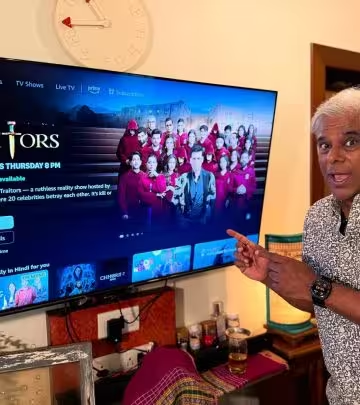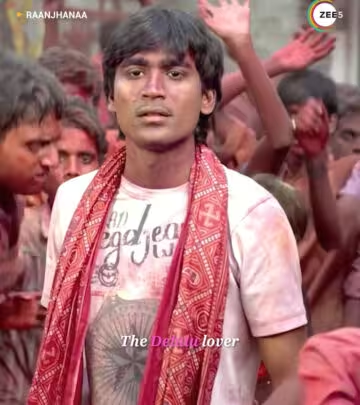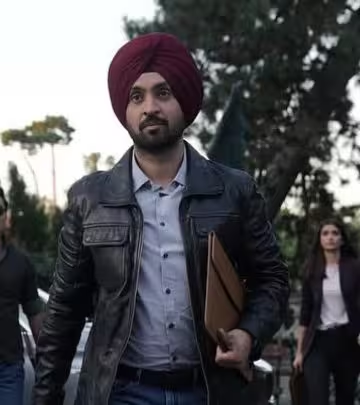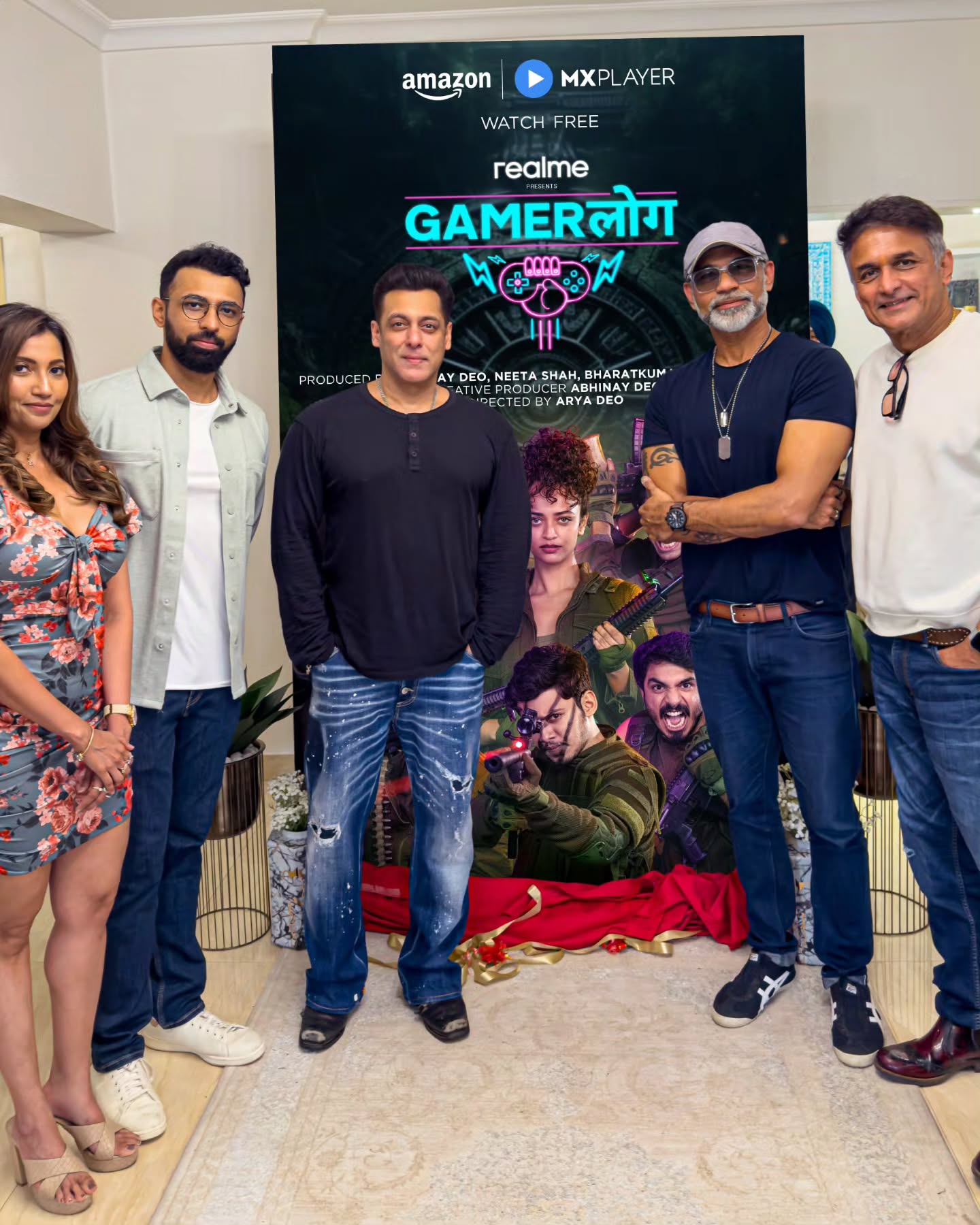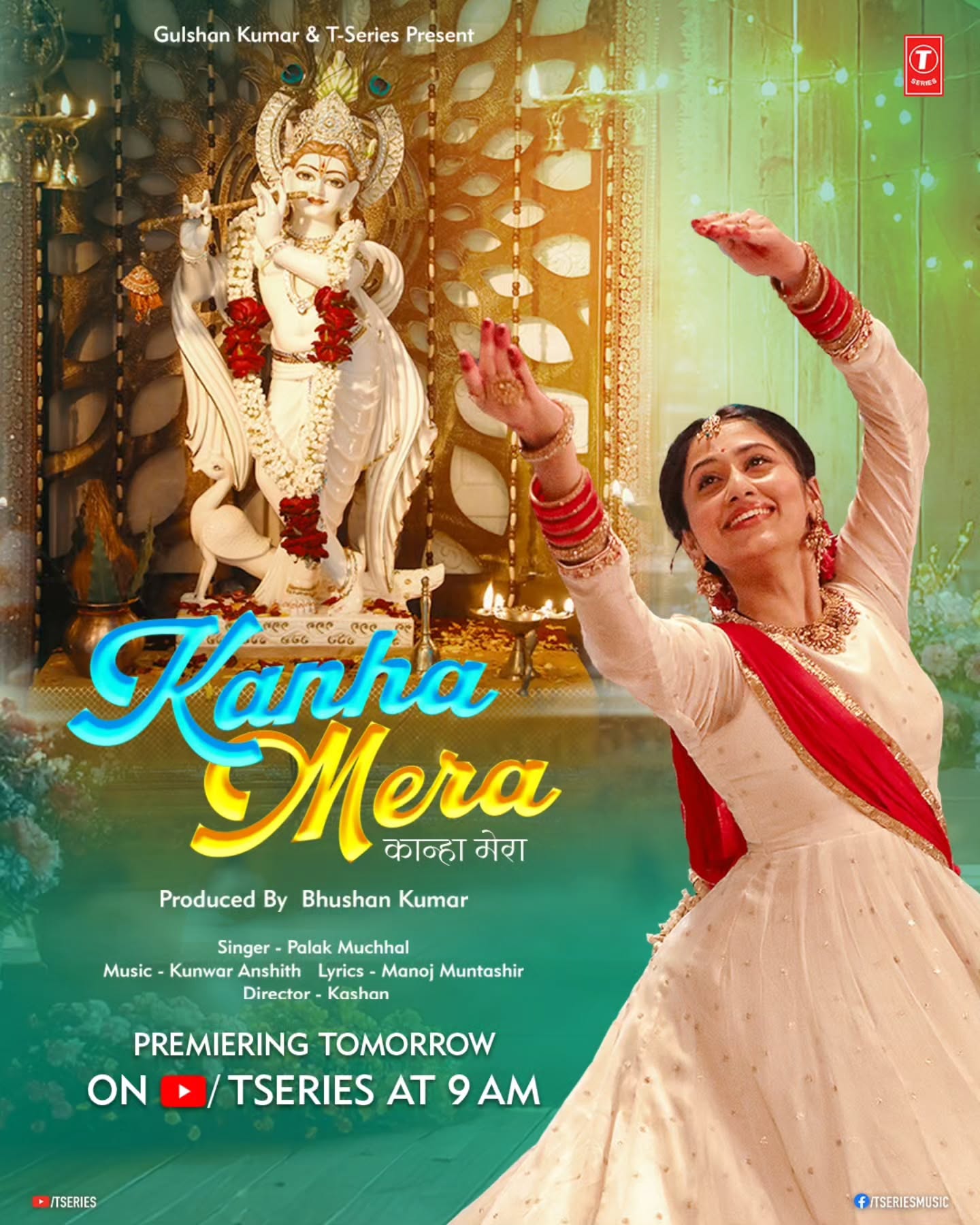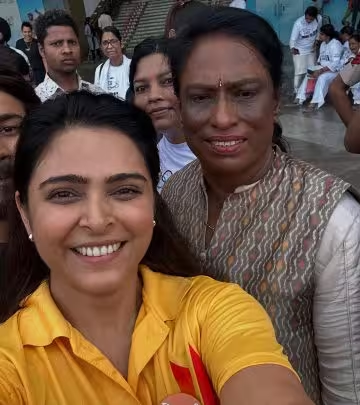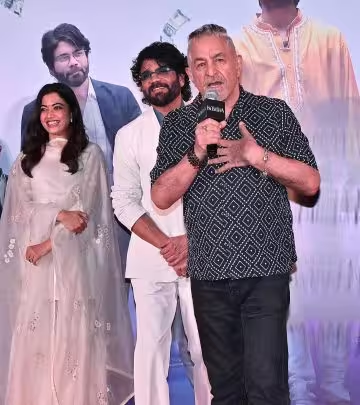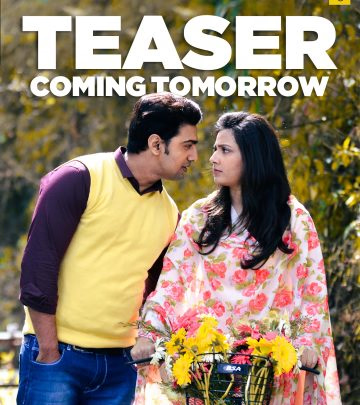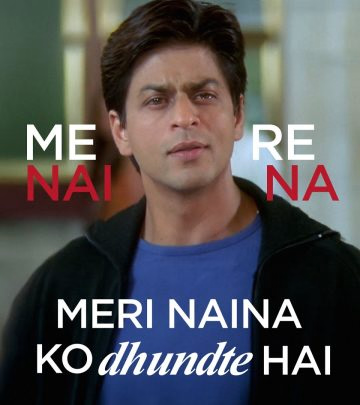Ashwatthama: Warrior Or Tragic Hero?
Mythological debate sparks as timeless tales of valor meet heartache and destiny - epic!!!
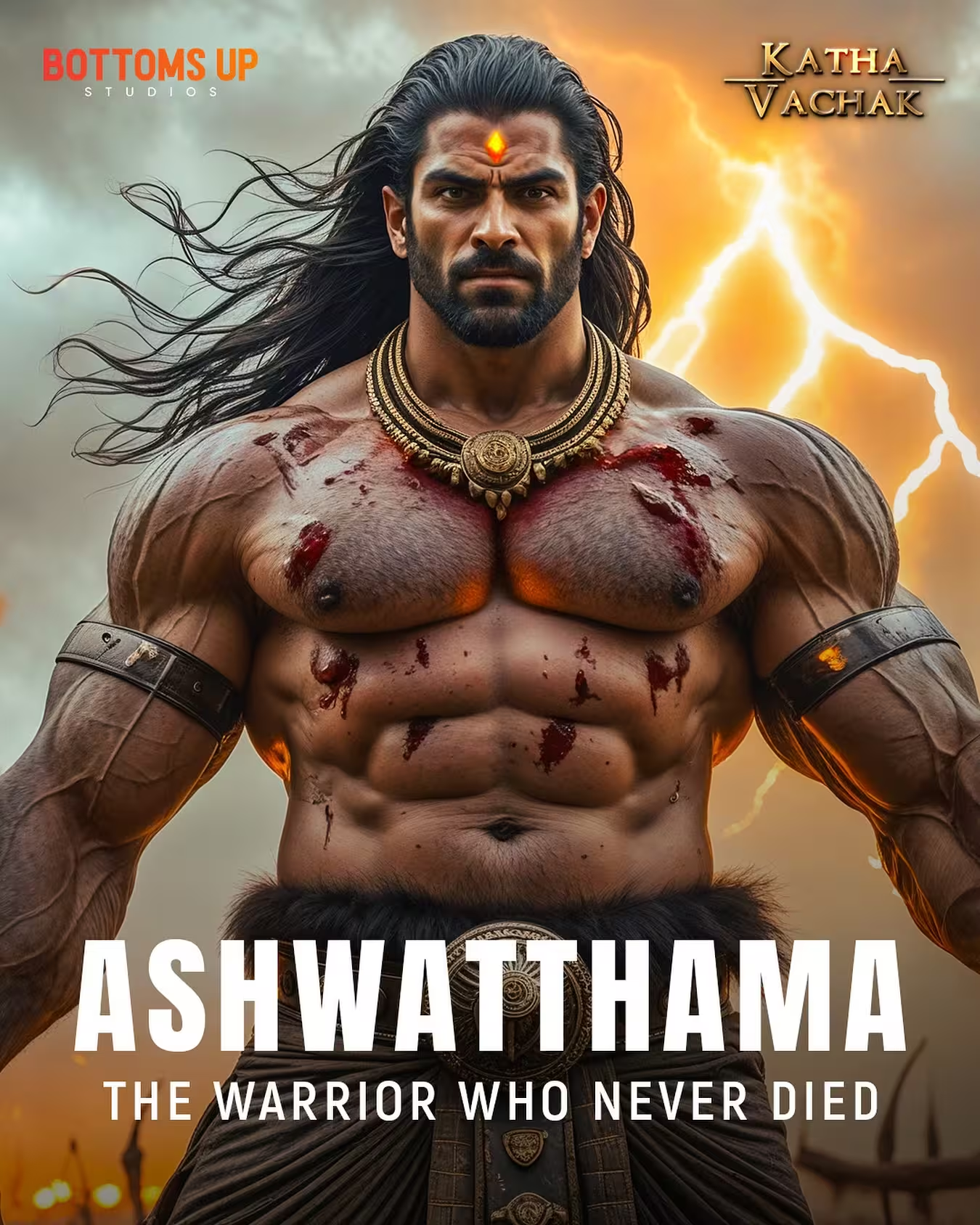
Image: Instagram
In a recent episode that has captured the attention of mythology enthusiasts and casual viewers alike, the age-old question resurfaces: Was Ashwatthama the greatest warrior or the most tragic figure of the Mahabharata? With the episode now live and available via the link in bio, Dalljiet Kaur, widely recognized for her work with Katha Vachak, invites viewers to re-examine the layers of heroism, fate, and sorrow intertwined in the legend of Ashwatthama.
Origins Of A Legend
Ashwatthama’s story is one steeped in duality. On one side, his valor in battle and his unwavering commitment to his ideals have painted him as a symbol of relentless courage. On the other, his life is marred by the weight of divine curses and an enduring sense of loss. In this new episode, the narrative meticulously revisits his journey from a fierce warrior on the battlefield to a figure burdened with the tragic consequences of his choices. Through detailed storytelling and evocative visuals, the episode fosters a renewed debate among viewers: Is greatness measured solely by martial prowess, or does tragedy carry its own form of heroism?
Unraveling The Tragedy
The episode does more than recount mythological events; it compels the audience to reflect on the inherent contradictions of human nature. Dalljiet Kaur’s presentation leans into the nuances of Ashwatthama’s life, inviting contemplation on themes of loyalty, revenge, and the irreversible impact of destiny. Her narrative underscores that while the glory of battle may win accolades, the lingering pain of remorse and the consequences of one’s actions can redefine a legacy. This exploration of contrasting facets has resonated deeply with viewers, sparking discussions on social media and among mythology forums.
Bringing a modern sensibility to ancient lore, the episode seamlessly blends historical retelling with contemporary storytelling techniques. The integration of striking visuals—from vivid depictions of epic battles to serene, reflective moments—helps to humanize a character who might otherwise be seen only in the stark terms of legend. Dalljiet Kaur’s performance is both insightful and empathetic; through her narration, the audience experiences the inner turmoil of a man caught between the demands of his duty and the pangs of personal loss.
Critics note that the episode’s strength lies in its refusal to adhere to a single narrative. Rather than simply celebrating Ashwatthama’s martial achievements, it challenges viewers to confront the painful realities that often accompany acts of valor. The storytelling is carefully balanced, offering a rich, layered depiction that mirrors the complexity of the Mahabharata itself. In doing so, the episode serves as a reminder of why these ancient stories continue to captivate modern audiences.
A significant aspect of this production is its intertextuality. Much like previous mythological retellings that have focused on figures such as Vishwamitra and Parshuram, this episode draws attention to a timeless debate that transcends cultures and centuries. Its release aligns with current trends where streaming platforms and digital storytellers are reimagining classical narratives for a new era. The inclusion of thoughtful details and subtle visual cues not only educates but also entertains, making it accessible to both seasoned aficionados and newcomers to the genre.
Apart from the narrative itself, Dalljiet Kaur’s role as the storyteller enriches the experience. Her deep respect for the subject matter and her clear passion for mythological storytelling create an engaging dialogue between tradition and modernity. Her interpretation of Ashwatthama’s life and legacy throws fresh light on a character who has long been revered and reviled in equal measure.
This episode is more than a simple retelling—it is a call to revisit the philosophical questions at the heart of the Mahabharata. The portrayal of Ashwatthama blurs the lines between heroism and tragedy, prompting viewers to ponder: Can a man’s valor be overshadowed by the weight of his destiny? By weaving together historical context with emotionally resonant storytelling, the production nurtures a space for reflection on the true meaning of greatness in the face of relentless adversity.
As the debate continues among audiences and critics alike, it is clear that the legacy of Ashwatthama is as complex as it is enduring. The episode stands as a testament to the power of myth in today’s digital age, where ancient stories are constantly rediscovered and reinterpreted. With each new retelling, characters like Ashwatthama remind us that the deeper narratives of our past still hold profound relevance today.
Read full bio of Glendon Moss






